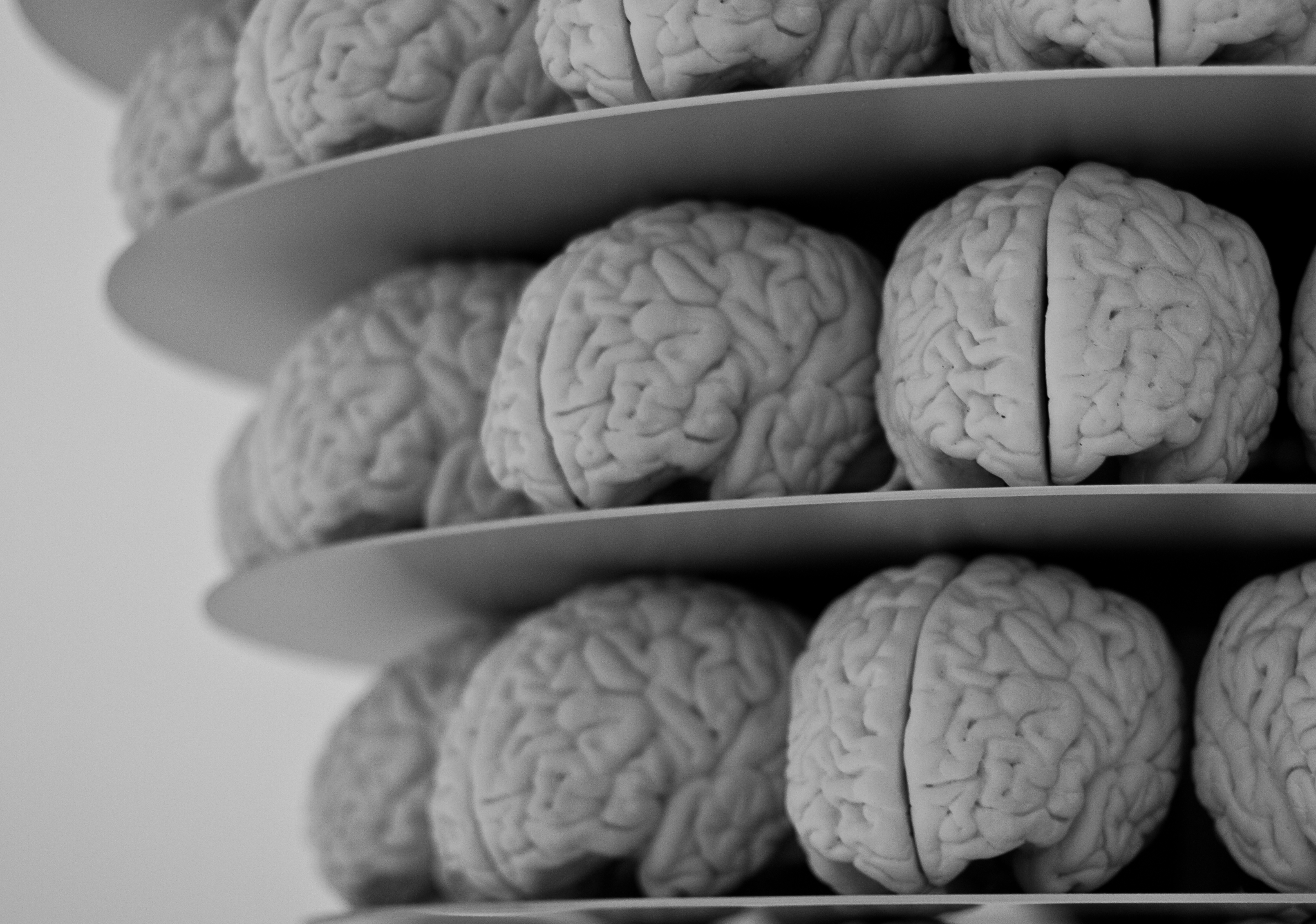Explore how mind, brain, and behavior connect through hands-on case studies and interdisciplinary research in cognitive science.
How are mental abilities investigated and explained in psychology and neuroscience? Mind, Brain, & Behavior introduces students to cognitive science through the integrated perspectives of psychology, neuroscience, and philosophy. Using case studies and close engagement with scientific research, students examine how mental processes are studied, explained, and applied across contexts—from learning and sleep to aging and clinical conditions. The program emphasizes critical thinking and scientific writing while highlighting how different methods and frameworks converge to explain mind–brain relationships, culminating in mentored research that connects theory with discovery.
The MBB program is ideally suited for students interested in cognitive science and likely to major in PNP, Cognitive Neuroscience, or Psychology. The program is designed to create a cohesive cohort within these three majors, providing strong preparation for future coursework and fulfilling major requirements. While the MBB program is beneficial for pre-med students, it is not exclusively targeted at them. If your primary interests lie in psychological treatments, disorders, therapy, or if you prefer not to engage in research, this program may not be the best fit for you




